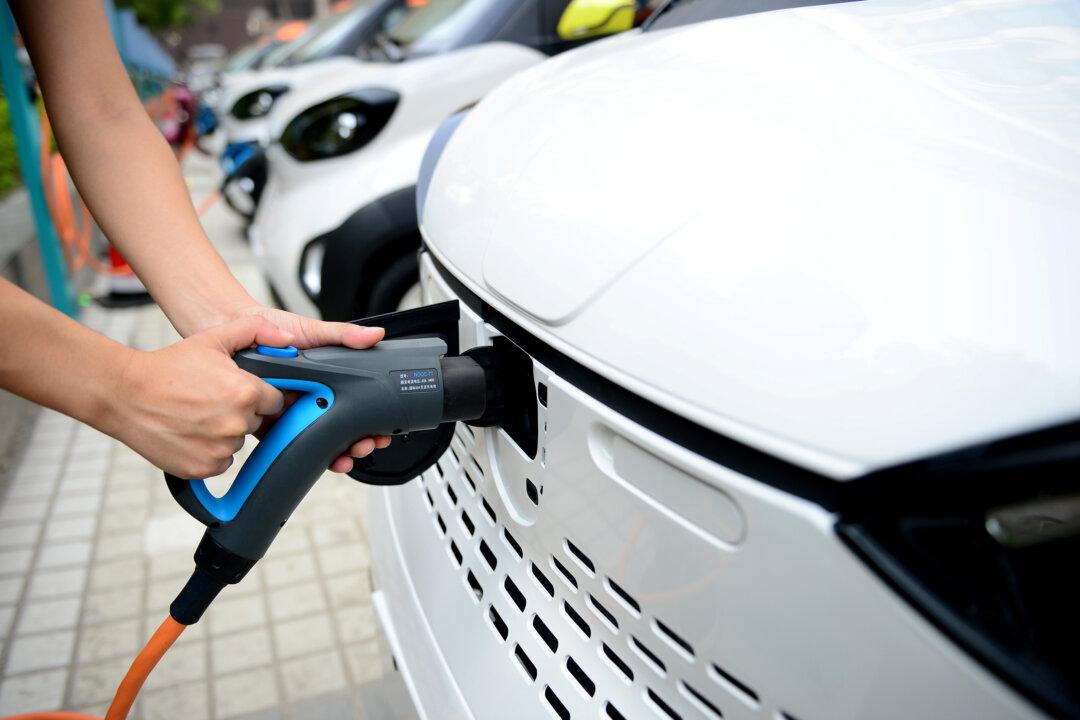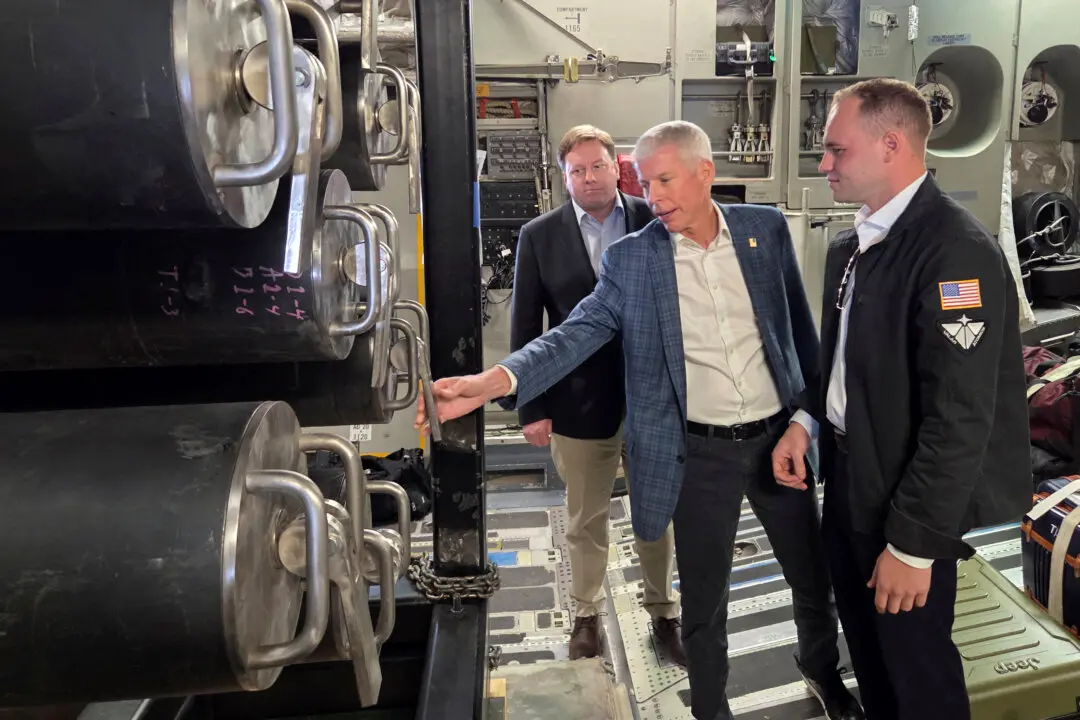Chinese battery materials firms have been increasing their investments in South Korea to meet the requirements of the United States electric vehicle (EV) tax credit rules and gain access to the U.S. market.
Over the past months, Chinese companies have entered into collaboration projects with South Korean firms to build five battery materials plants valued at up to 5.6 trillion won ($4.4 billion), Reuters reported.





